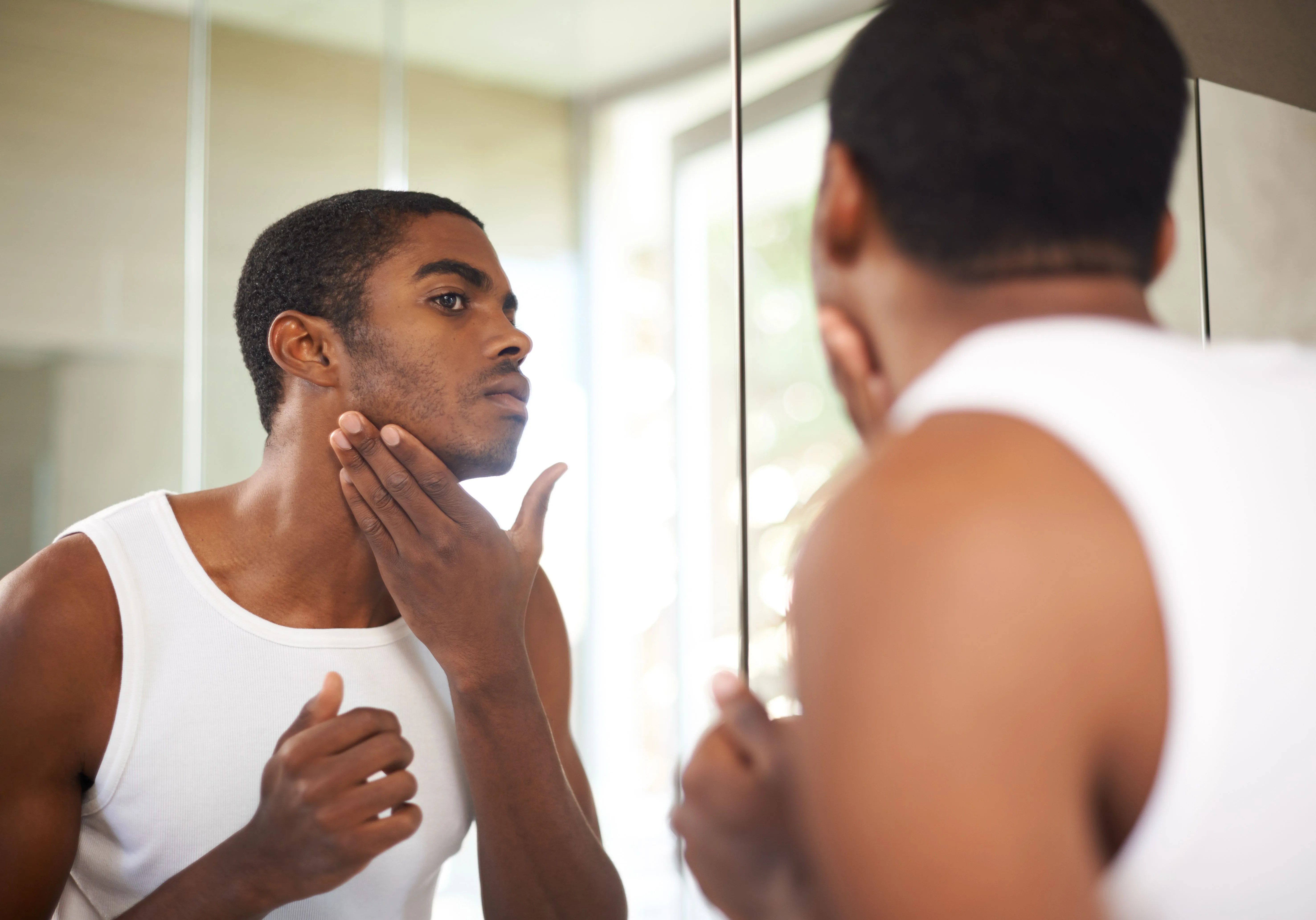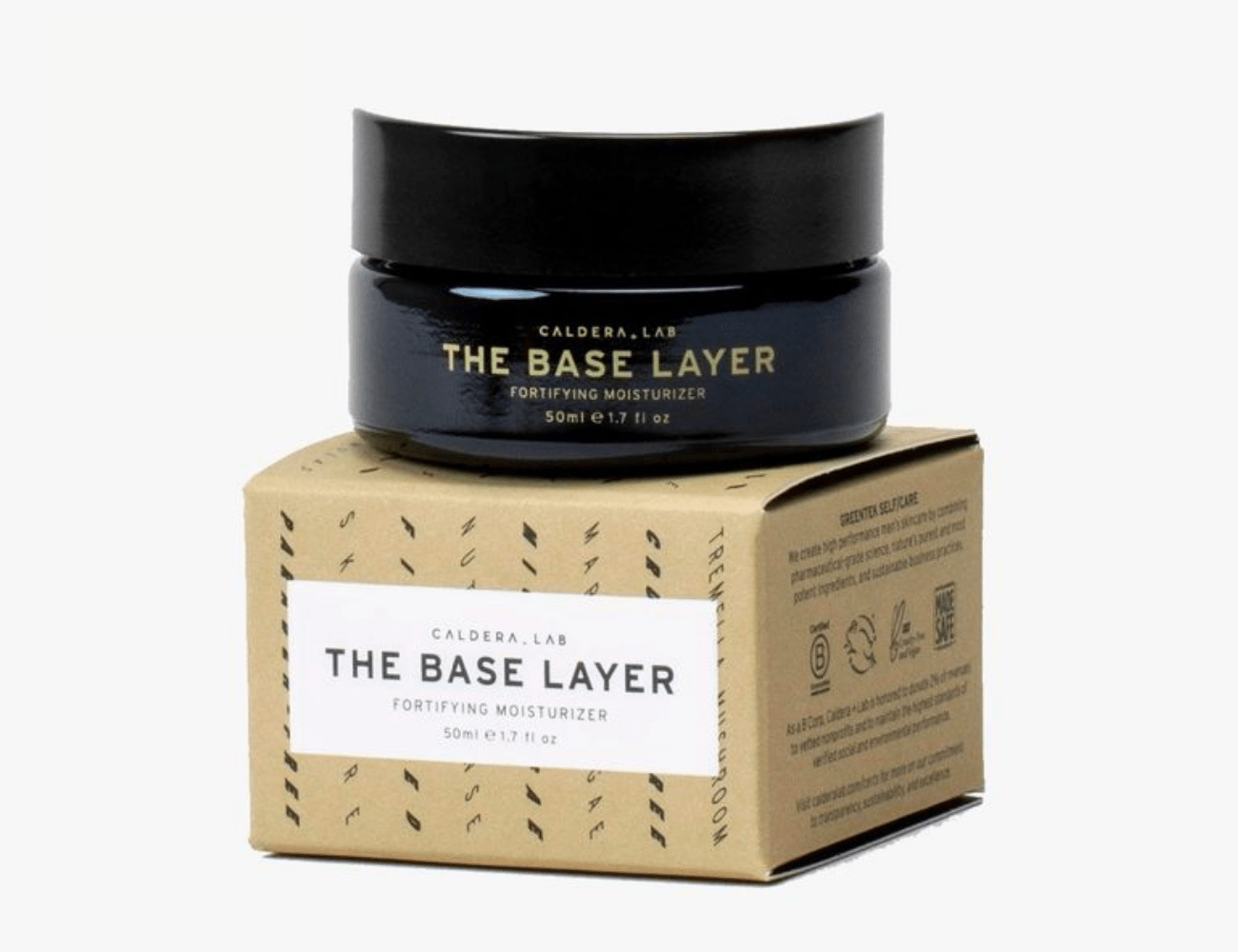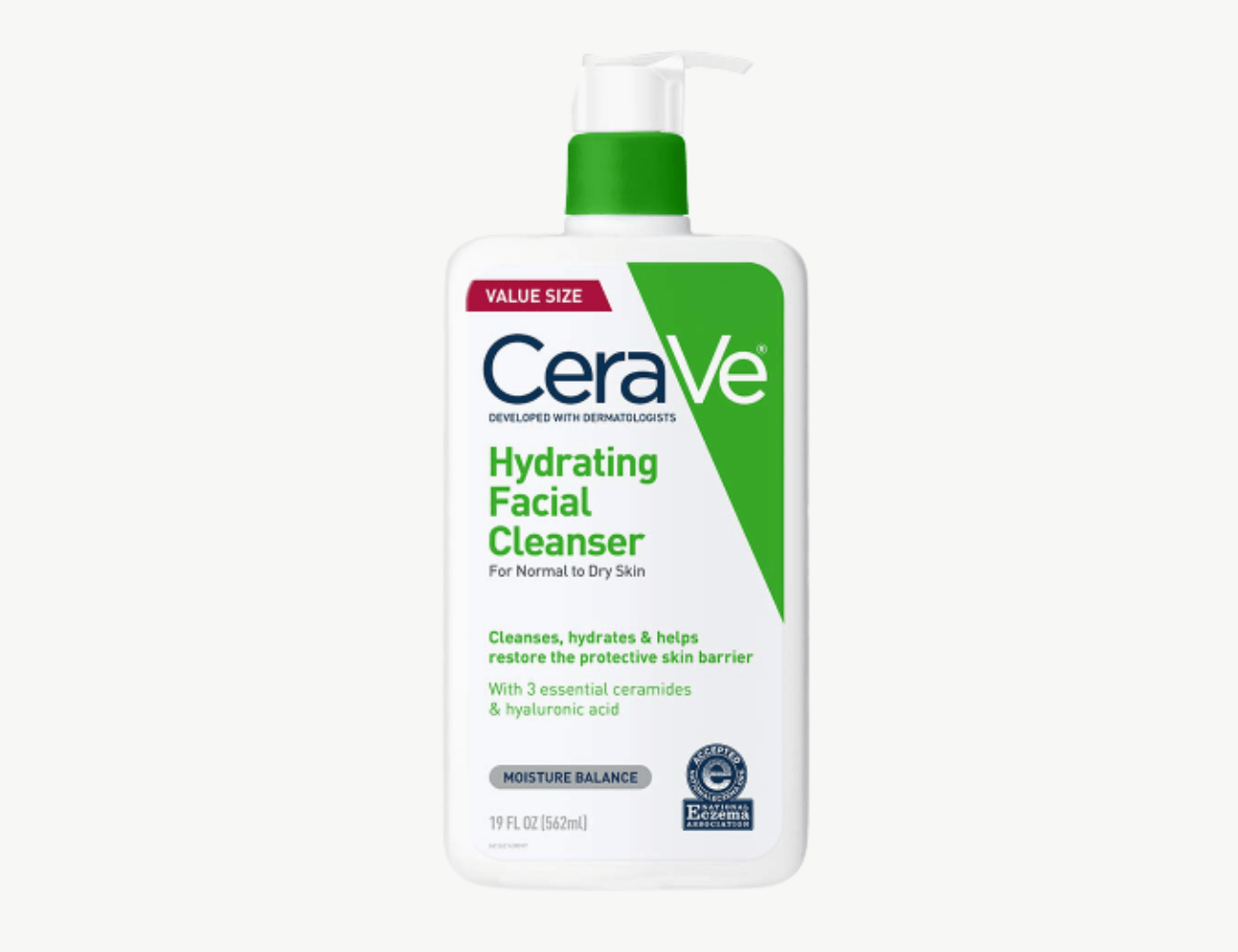Just because your skin sometimes gets dry doesn’t mean you have textbook dry skin. It could be a temporary condition attributed to the cold, parched winter air, or even bodily dehydration. People who actually have dry skin are dealing with it on a daily basis: Their glands produce less oil, so they experience the same dry symptoms as the rest of us, but under less exceptional circumstances.
If you notice that others are glossy at the forehead and cheeks while you rarely shine at all — and that your skin feels rough and sometimes looks tired — then you probably have genetically dry skin, and need to adjust (or build) your skincare regimen accordingly.
Below, we’ve outlined how to do exactly that, with additional advice from board-certified dermatologist Jennifer S. Kitchin of Harrison, NY.
How to Know if You Have Dry Skin
Dr. Kitchin says that dry skin is characterized by dullness, flaking, itching, cracking and oftentimes progressed signs of aging, like wrinkles and fine lines. It’s caused by a lack of moisture in the upper layer of the skin, be it from a hot shower or a lack of oil production at a deeper level.
Why Is My Skin So Dry?
Dry skin looks duller than more hydrated skin types (normal, oily and combination). That’s because there’s less oil in the corneous layer of the skin — the outermost of the layers, which locks on moisture. Accordingly, dry skin tends to be itchier, gets irritated more easily and is often more sensitive to everyday skincare products and razor blades. Kitchin says dry skin also makes you more vulnerable to infections, too, since this defensive moisture barrier is compromised — and it can also show signs of aging faster.
“All people are susceptible to developing dry skin, and it is typically dependent on the environment, temperature, humidity levels, length of showers and baths, and use (or no use) of protective moisturizers,” Kitchin says. “There are some specific skin conditions that can lead to the development of dry itchy patches on the skin, which are not considered to be ‘dry skin.’” This includes psoriasis and eczema. If you aren’t certain about your own condition and how to improve, Kitchin recommends seeing a board-certified dermatologist.




